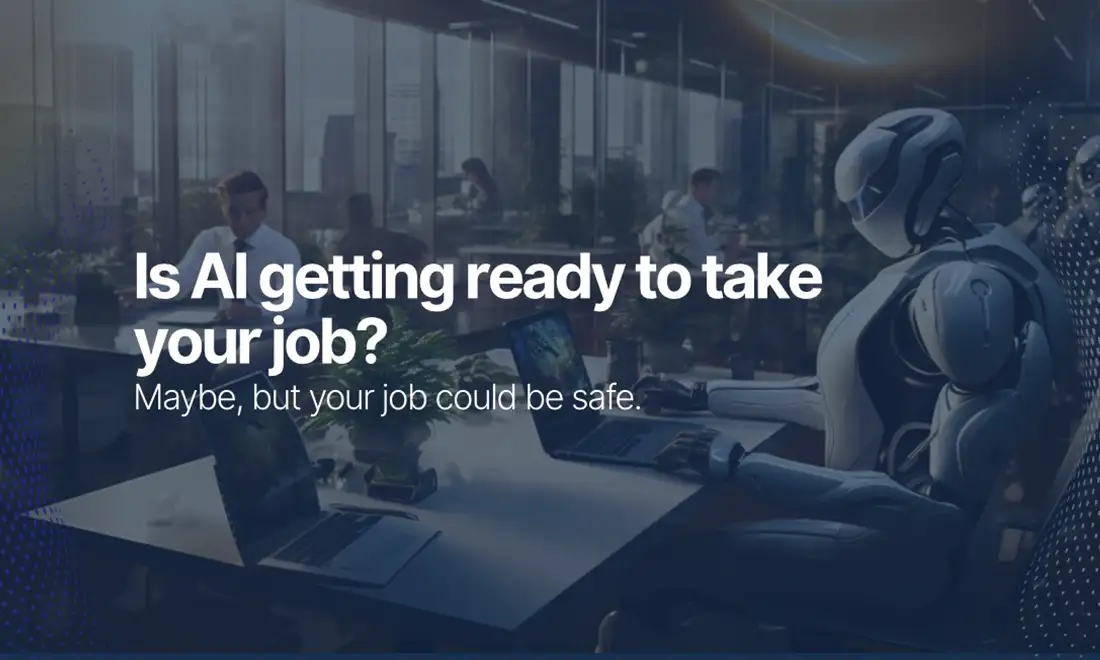AI and Job Displacement: Rethinking the Impact on Developers and Administrative Roles
The narrative surrounding artificial intelligence (AI) and its impact on employment has predominantly focused on the automation of routine administrative tasks. However, recent data suggests a shift in this perspective, highlighting a more nuanced reality.
Developers Facing Unexpected Displacement
Contrary to earlier beliefs, it's not the administrative roles but software developers who are experiencing significant job displacement due to AI advancements. Tools like ChatGPT and GitHub Copilot have evolved to handle tasks traditionally assigned to junior developers, such as writing boilerplate code, debugging, and basic testing. This shift has led to a reevaluation of entry‑level positions in the tech industry.
A report from SEO.ai noted that in May 2023, approximately 3,900 job losses in the U.S. were directly attributed to AI, with a notable impact on the tech sector. The Brookings Institution further emphasises that generative AI is particularly adept at performing cognitive tasks associated with white‑collar professions, including software development.
Administrative Roles Showing Resilience
Interestingly, administrative positions, once considered highly susceptible to automation, have demonstrated resilience. While AI can assist with scheduling, data entry, and email management, the human elements of judgement, interpersonal communication, and adaptability remain challenging to replicate. This has resulted in a slower rate of displacement in administrative roles than previously anticipated.
Implications for the Workforce
The current trend indicates a significant transformation in the job market:
- Redefinition of Entry‑Level Roles: The traditional pathway for aspiring developers is evolving. With AI handling more routine tasks, new entrants must focus on developing skills in areas that AI cannot easily replicate, such as creative problem‑solving and strategic thinking.
- Emphasis on Human‑Centric Skills: Skills involving empathy, ethical judgement, and complex decision‑making are gaining prominence. These human‑centric skills are less susceptible to automation and are becoming increasingly valuable across various professions.
- Need for Continuous Learning: The rapid advancement of AI technologies necessitates a commitment to lifelong learning. Professionals must stay abreast of technological developments and continuously adapt their skill sets to remain relevant.
Strategic Considerations for Businesses
For businesses, these developments underscore the importance of strategic workforce planning:
- Invest in Upskilling: Providing employees with opportunities to develop new skills, particularly in areas where human judgement is crucial, can enhance adaptability and resilience.
- Foster a Culture of Innovation: Encouraging innovation and flexibility within the organisation can help leverage AI as a tool for augmentation rather than replacement.
- Reevaluate Role Structures: Organisations may need to redefine job roles and responsibilities to align with the evolving capabilities of AI, ensuring that human talent is utilised where it adds the most value.
Conclusion
The impact of AI on employment is complex and multifaceted. While certain roles face increased automation, others are adapting and evolving. Understanding these dynamics is crucial for both individuals and organisations to navigate the changing landscape effectively.
At Think Menai, we are committed to helping businesses and professionals understand and adapt to the evolving role of AI in the workplace. If you're looking to navigate these changes strategically, we're here to support you.

